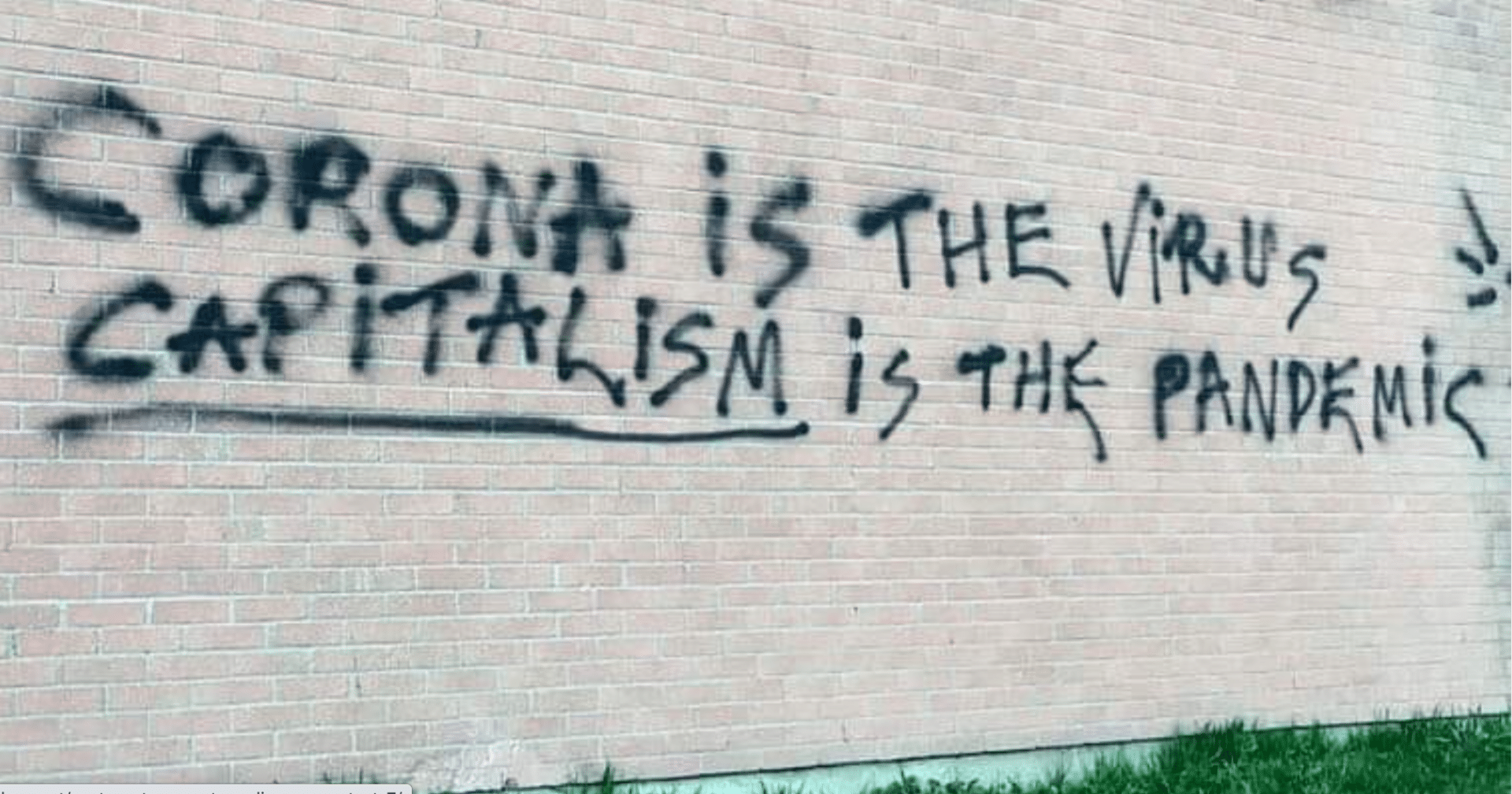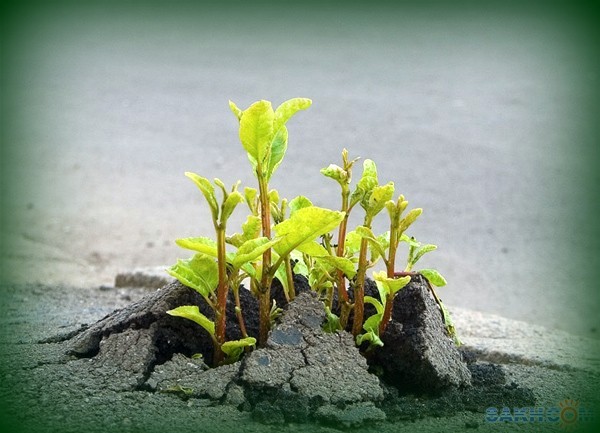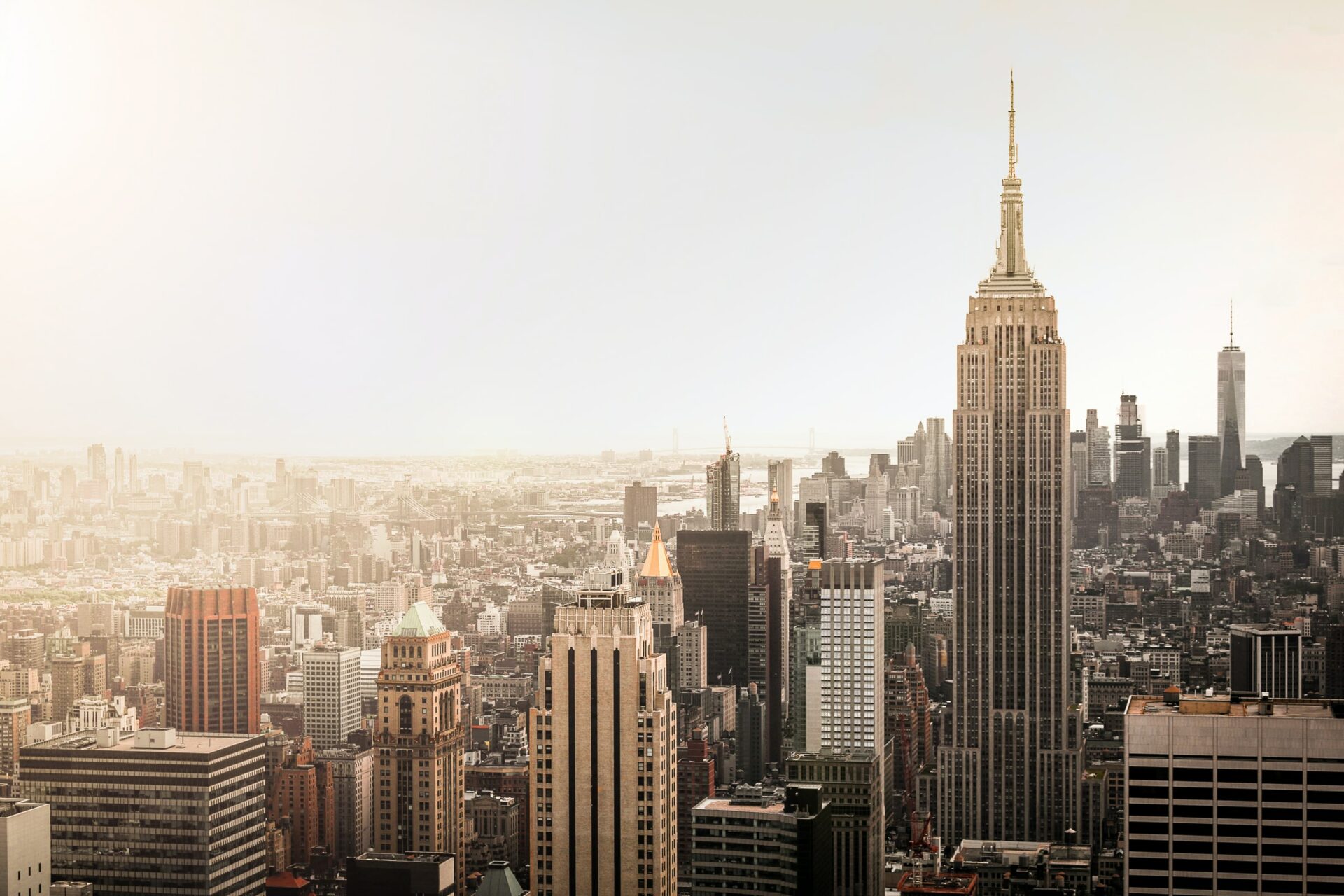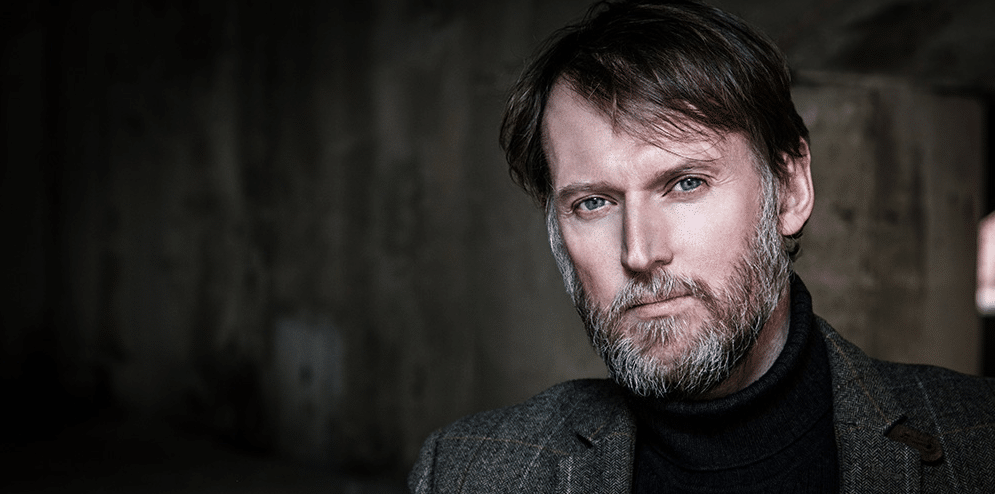Capitalism Needs to Break its Bad Habits
Capitalism is a market system which allows growth of unfettered free markets with little or no intervention by the state. This form of market system is followed by many countries. The capitalist system has allowed growth of competitive markets, benefitting consumers and producers alike in a very short time. But what it also allowed was unhindered economic growth of a few, as against all of society – giving birth to inequalities that continue to this day.
Power of the economy became vested in the hands of a few. Gaps in the system were first exposed after the world was hit by the Global Financial Crisis of 2008. The Great Recession which followed post the crisis, laid bare glaring shortcomings such as rising inequalities and increased financialization.
The resultant outcomes were an increase in socio-economic inequalities and widening polarisation between the haves and have nots. In addition, it has inflicted tremendous damage on our environment – with complete disregard for the kind of world our children and grandchildren will inherit.
In many ways, COVID-19 has brought to the fore realities that we need to pause and reflect on. Given our actions, are our societies and economies really sustainable?
COVID-19 an Eye Opener
Increased economic activity, which is part and parcel of growing privatization and capitalism, has an equally degrading effect on the environment and the society. Despite this, the environment continues the source of raw materials and the dumping ground of waste products for the capitalist system. Complete disregard towards the environment has led to an increase in pollution, which is the main cause of many health hazards seen in people today.
But this all changed with the pandemic. The environment was able to reboot itself owing to lessening human activity due to lockdowns. There were sightings of wild animals wandering into human settlements and incredible images of fresh water dolphins returning back to their older habitat. People stood witness to blue skies and cleaner air. All of this showed us what we had given up in our pursuit for economic growth.
Society has always been divided between the fortunate and less fortunate. But this division stands further increased owing to the impacts of the pandemic. Fear of contracting the virus made countries seal their borders and stop trade both internally and externally, albeit allowing movement of essential items in some cases. This mass closure of economies led to businesses being shut for uncertain periods, leaving many unemployed, having to survive off their savings. What many don’t realise is across the world a large population don’t have savings – both in the developed and developing economies.
The capitalist system brought about an increase in spending habits and the birth of the ‘now economy’. Technological advances in mobile technology and connectivity further leveraged this growth. Increasing incomes fuelled the demand for more products and services than what was generally needed. The unsatiated capitalist system was more than obliged to fulfil our growing demand – ending up taking more from the environment than what was given back.
Significant lifestyle changes were observed in the developing world. People were left with more disposable income which they spent. A class of society that found overnight success was now suddenly pushed into the throes of living off on a frugal system – it will be difficult if not impossible. This pandemic is going to accentuate the divide between the haves and have nots. COVID-19 is a wake-up call that relentless economic growth cannot be our only goal.
Repositioning Capitalism
This is perhaps the best time for us to reflect on how we want to evolve as a society. Our society was misled into thinking that we can continue our progress with scant regard or complete disregard for the sustainability of systems. We cannot repeat the mistake of removing the equation of sustainability from our growth. Policies that keep sustainability at its core need to be encouraged and developed.
The scale and pace at which these policies need to be administered will require world leaders and communities to collaborate and brainstorm for sustainable and inclusive solutions. Solutions which help answer a very important question: “What kind of a world do we leave behind for future generations to inhabit?”
We seek to answer this question – ‘repositioning capitalism post COVID-19’ at the Horasis Extraordinary Meeting, scheduled to be held on 1 October 2020, using a new ground-breaking digital conferencing platform managed by Run The World
We cannot keep using a system that does not hold into account sustainable practices. Such a system needs a rejig – very much owing to the current scenario. We will seek solutions into how and what forms of collaboration and cooperation will be required to achieve a sustainable planet. And for this we will engage minds from across the spectrum – including from governments, businesses, academia and the social sector.
Now is the time to help rebuild a world where societies and economies are more sustainable, inclusive and long-term oriented. Now is the time for us to rise to the occasion.



